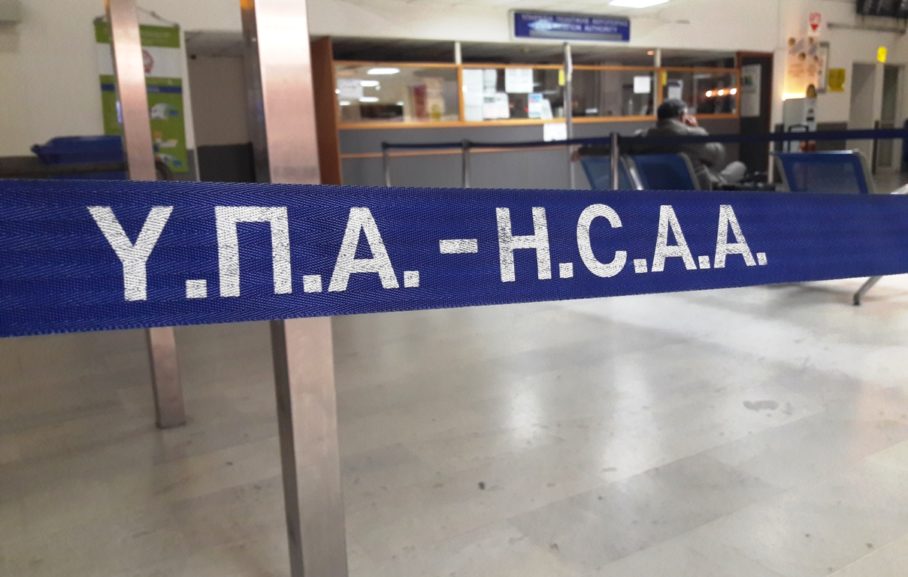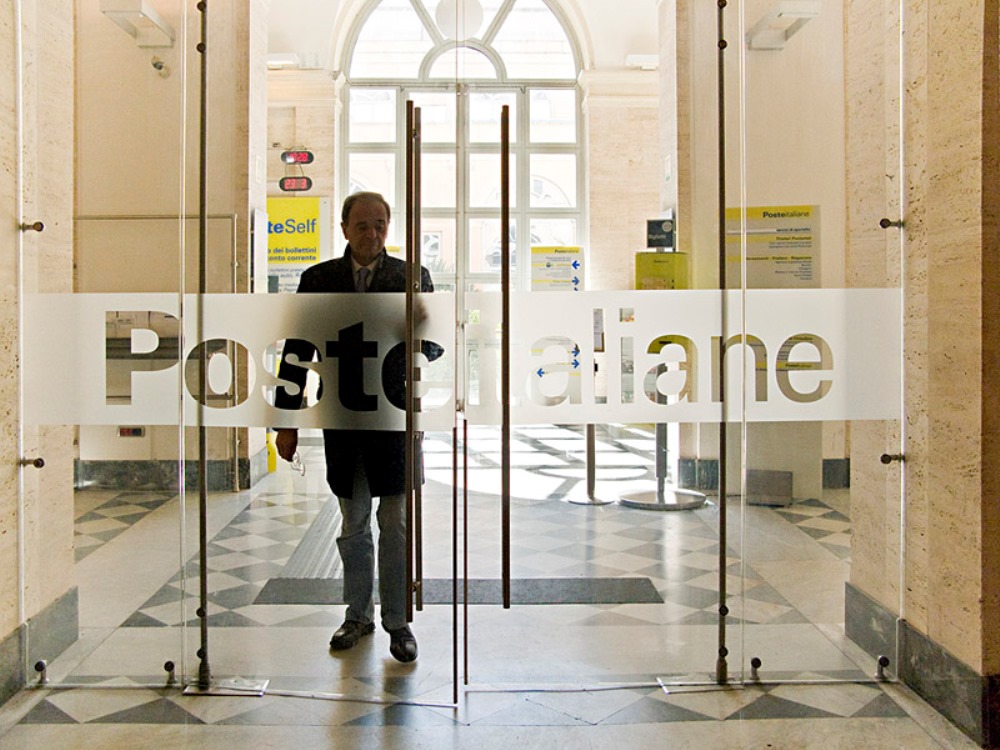CER – the Community of European Railway and Infrastructure Companies has adopted three position papers on legislative proposals critical to the work of the sector at its 70th General Assembly on 19 September.
As the Commission contemplates the revision of both the Combined Transport Directive and the Road Vehicle Weights & Dimensions Directive in early 2023, the CER General Assembly has adopted a combined Position Paper on both. In an era of multimodality and energy scarcity, a simultaneous, combined, and intelligent revision of the two directives is essential and opens the way to unleash the potential of multimodality as a means to reduce Europe’s dependency on imported energy sources. CER puts forward that one revision should therefore not be considered without the other and should support the whole transport system with a holistic approach.
The Assembly also adopted a Position Paper on the Revision of Railway State Aid Guidelines. Rail fulfils a critical socio-economic function of providing sustainable, energy-efficient, socially inclusive, and environmentally friendly transportation, which should be reflected in the European Commission’s approach to State aid. The updated text of the Railway Guidelines should therefore provide strong incentives for modal shift to rail and thus should make it easier for Member States to support rail transport.
In particular, CER fully supports the Commission’s initiative to establish a block exemption of aid for coordination of transport, and of aid in the form of compensation for PSO (public service obligation) rail freight services. Furthermore, CER argues that presumption of compatibility of interoperability aid, and aid for reducing external costs with intensities of up to 100% of the eligible costs should be established, along with raising the threshold for presumption of compatibility of the aid for rail infrastructure use and the aid for reducing external costs to at least 60% of the total cost of rail transport.
The European Commission also announced in 2022 a review of Directive 2007/59/EC on certification of train drivers to address outdated provisions, ambiguous language, and possible scope adjustments. CER supports this revision, in particular the improvement and facilitation of the mobility of train drivers across the EU railway network.
Specifically, CER agrees to language level B1 as a general requirement, with exemptions for countries with more than one official language, and for cross-border sections. When changing to another Member State, the free, unbureaucratic exchange of the driving license by the National Safety Authority (NSA) in the other Member State should be guaranteed. CER recommends largely keeping the national approach (e.g. for training requirements), but nonetheless recommends a gradual move to European and digital solutions. The NSAs should remain the competent authorities and the remit of the European Union Agency for Railways (ERA) should not be changed.
CER Executive Director Alberto Mazzola said: “These position papers were developed with the benefit of the considerable and significant experience of CER and its members who are pleased to share this expertise with the European institutions as a basis for informed reform and decision-making”.
(CER)


















































